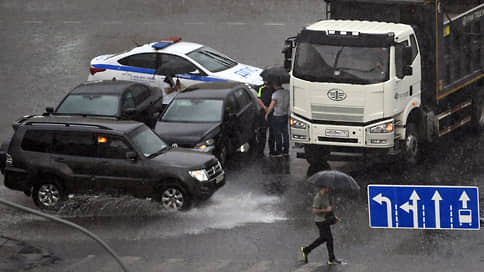Penguins Business: How to Trade on Definite Islands

Most of all, ridicule caused Trump’s decision to impose duties even on uninhabited islands. What is known about the islands of Hurd and McDonald and have they been used for dubious business deals?
« Penguins vs. duties »
How is it traded with deserted islands
Part of the offshore world
The expired information reinforces the impression that the islands of Hurd and McDonald are more than a nature reserve. For example, the data include tax agreements that Australia has concluded between 2008 and 2011 with well -known tax oases, including the Kayman islands, the British Virgin Islands and Mauritius. In these agreements, the parties agree on mutual exchange of information and other tax issues, which is not uncommon.
The documents also explicitly state the uninhabited islands of Hurd and McDonald. Thus – involuntarily or deliberately – these islands have been turned into part of the offshore world, in which remote places can sometimes play a surprising role, writes Ard.
In 2012, shortly after the agreement was concluded, the islands of Hurd and McDonald began import and export – at least on paper. It turns out that in 2012 and 2013, a total of nearly half a billion US dollars were reached through Subsaharan Africa. In 2017, a new export was carried out – again for Sub -Saharan Africa and in almost the same size, the data show.
Address Registrations on a deserted island
The islands are not unknown in the banking world. For example, in the National Bank of the Cayman Islands, which is mainly engaged in offshore activity, there is information about multiple translations from or to accounts registered on the islands of Hurd and McDonald. In September 2018 alone, more than 300 such transfers were registered at a single bank. The National Bank of the Cayman Islands did not respond to a request from investigative journalists from WDR, NDR and CC.
Large banks have also included the islands in their lists, which means that customers could obviously find an account and point to the uninhabited islands as a place of residence – although there are not even streets there, we read further in the Ard publication.
In 2019, the Australian government provided data in accordance with the Directives of the Economic Cooperation and Development Organization (OECD), according to which nearly $ 1 million Australian dollars are held in accounts whose owners have named the Hurd and McDonald Islands as a place they live on. Just a year earlier, about $ 150,000 were reported for the islands.
According to Christoph Trautherter, the « Tax Fair Network » organization can thus circumvent the filter of money laundering banks as the islands do not appear on any black lists. « If a bank allows account holders to point to these islands as a place of residence, this cannot be defined as respectable, » the expert said.
*****
See also this content from our Instagram account:








